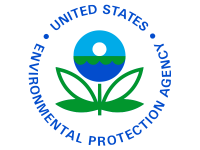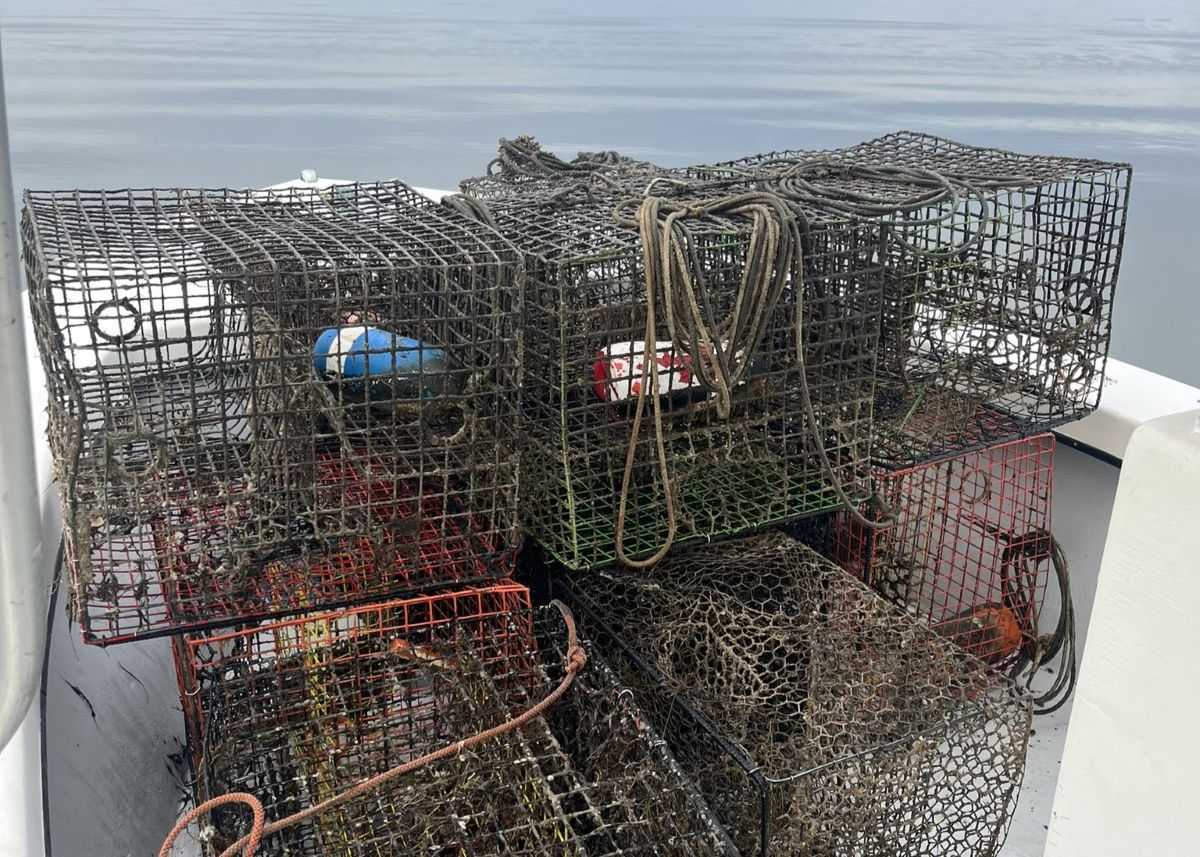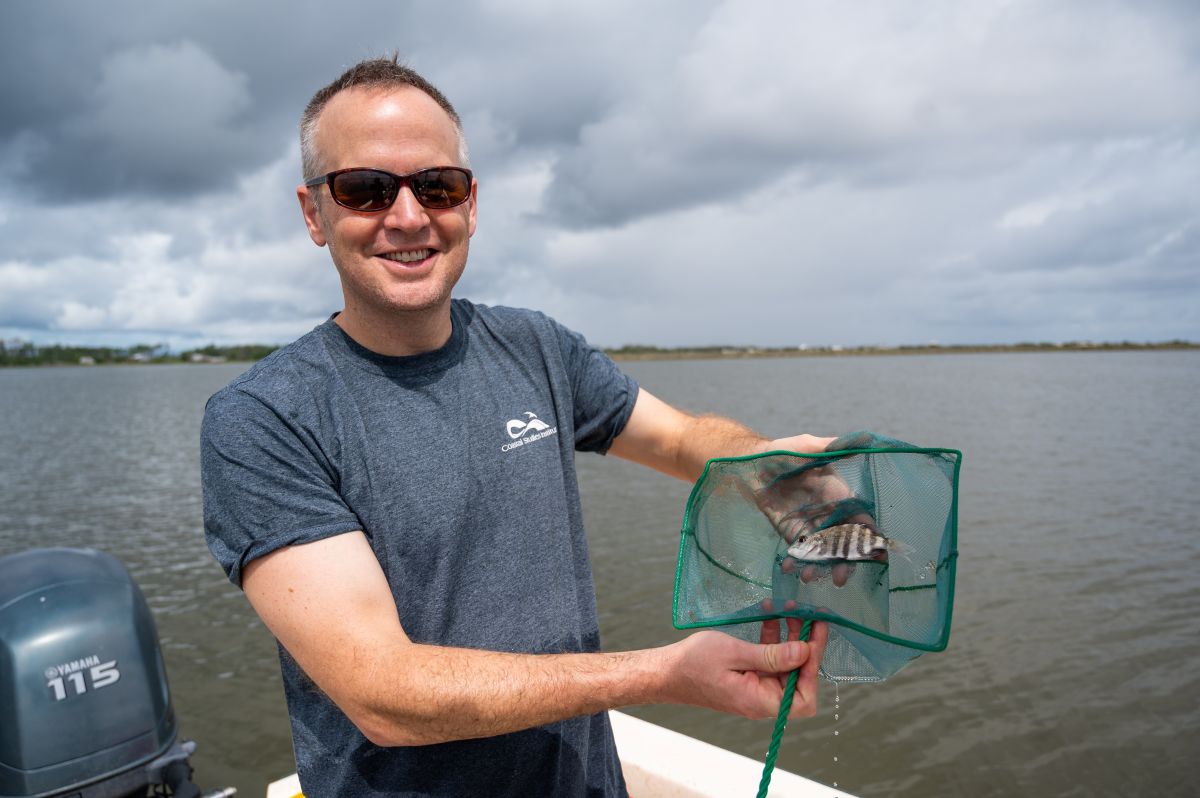This story was updated to include a response from the state Division of Marine Fisheries.
The Environmental Protection Agency announced Thursday it will stop enforcing certain environmental laws during the COVID-19 outbreak.
Supporter Spotlight
It remains unclear what the effects will be on state environmental regulation.
EPA said worker availability and constraints on labs and facilities made the move necessary. Environmental advocates said the policy allows industry to pollute without consequence.
 “This is an open license to pollute,” said Gina McCarthy, president and CEO of the Natural Resources Defense Council.
“This is an open license to pollute,” said Gina McCarthy, president and CEO of the Natural Resources Defense Council.
McCarthy, former head of the EPA during the Obama administration, said the current administration was taking advantage of the public health crisis to do favors for polluters.
“We can all appreciate the need for additional caution and flexibility in a time of crisis, but this brazen directive is an abdication of the EPA’s responsibility to protect our health,” she said.
Supporter Spotlight
EPA said its temporary enforcement discretion policy applies to civil violations that are the result of the pandemic. The agency said its policy, which is retroactive to March 13, addresses different categories of noncompliance differently, such as not seeking penalties for noncompliance with routine monitoring and reporting obligations. The policy also lays out a process for regulated facilities to qualify for enforcement discretion.
“At the EPA, we are cognizant of potential worker shortages due to the COVID-19 pandemic as well as the travel and social distancing restrictions imposed by both governments and corporations or recommended by the Centers for Disease Control and Prevention to limit the spread of COVID-19,” according to a memo from the agency’s Assistant Administrator for Enforcement and Compliance Assurance Susan Parker Bodine to all government and private sector partners. “The consequences of the pandemic may affect facility operations and the availability of key staff and contractors and the ability of laboratories to timely analyze samples and provide results. As a result, there may be constraints on the ability of a facility or laboratory to carry out certain activities required by our federal environmental permits, regulations, and statutes.”
Bodine said the temporary policy does not apply to any criminal violations or conditions of probation in criminal sentences.
“EPA is committed to protecting human health and the environment, but recognizes challenges resulting from efforts to protect workers and the public from COVID-19 may directly impact the ability of regulated facilities to meet all federal regulatory requirements,” said EPA Administrator Andrew Wheeler. “This temporary policy is designed to provide enforcement discretion under the current, extraordinary conditions, while ensuring facility operations continue to protect human health and the environment.”
EPA said it expects regulated facilities to comply with regulatory requirements, “where reasonably practicable, and to return to compliance as quickly as possible.” To be eligible for enforcement discretion, the policy also requires facilities to document decisions made to prevent or mitigate noncompliance and demonstrate how the noncompliance was caused by the COVID-19 pandemic.
The policy does not apply to Superfund activities or Resource Conservation and Recovery Act Corrective Action enforcement, which are to be addressed separately.
State Division of Marine Fisheries staff has been consulting with the EPA and with authorities of coastal municipalities to determine the logistics of sampling for the Recreational Water Quality program, scheduled to begin April 6, division Communications Director Patricia Smith said Friday.







